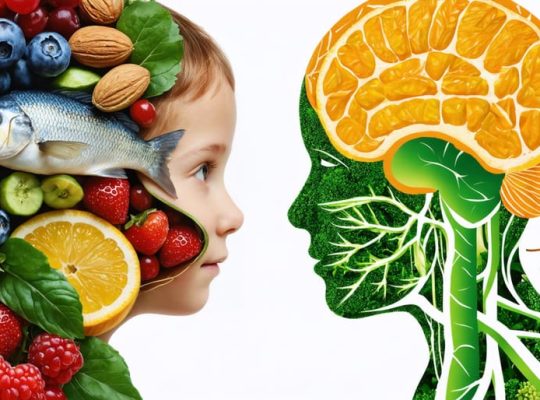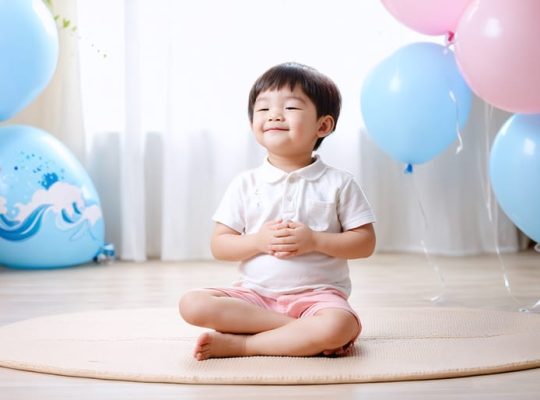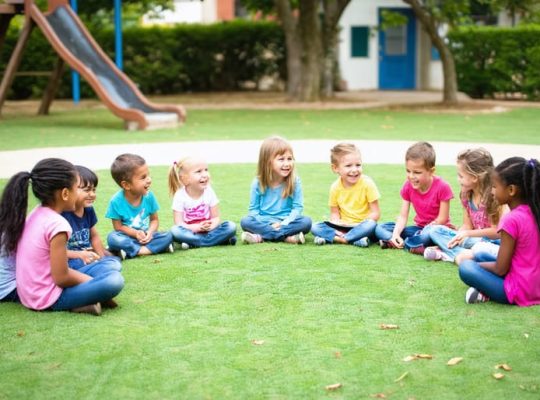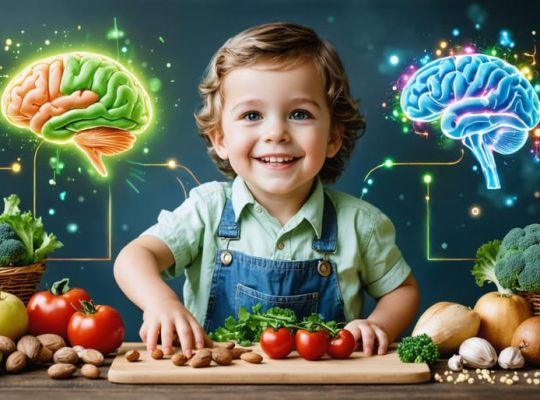How Food Shapes Your Child’s Mental Health: The Power of Nutritional Psychiatry
Imagine discovering that your dinner plate could be as powerful as a prescription pad for mental health. Nutritional psychiatry, an emerging field of medicine, reveals how food choices shape your child’s brain and emotional well-being. This revolutionary approach combines traditional psychiatric care with evidence-based nutritional science, offering hope to families seeking natural ways to support mental health.
Just as a car needs the right fuel to run smoothly, our brains require specific …










